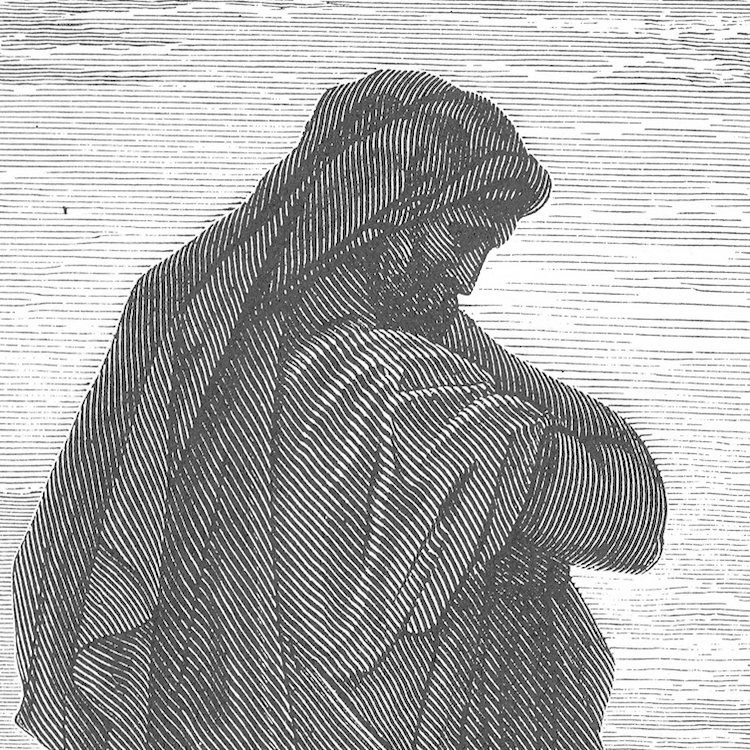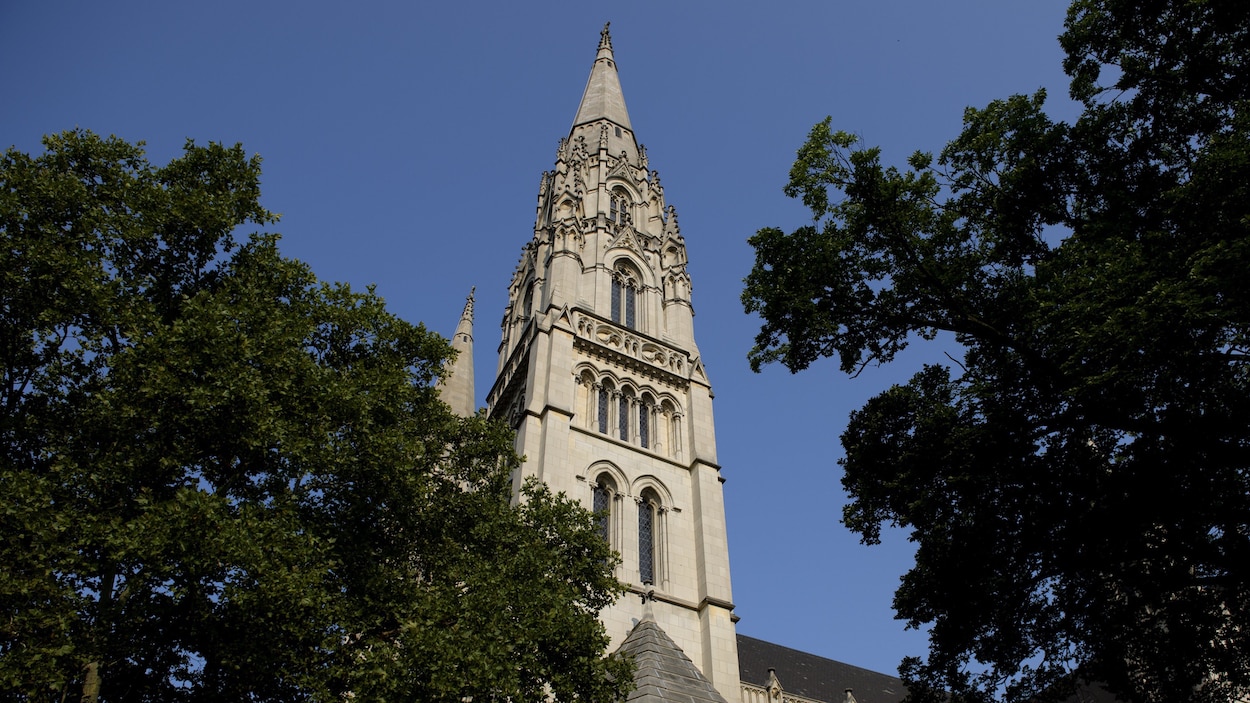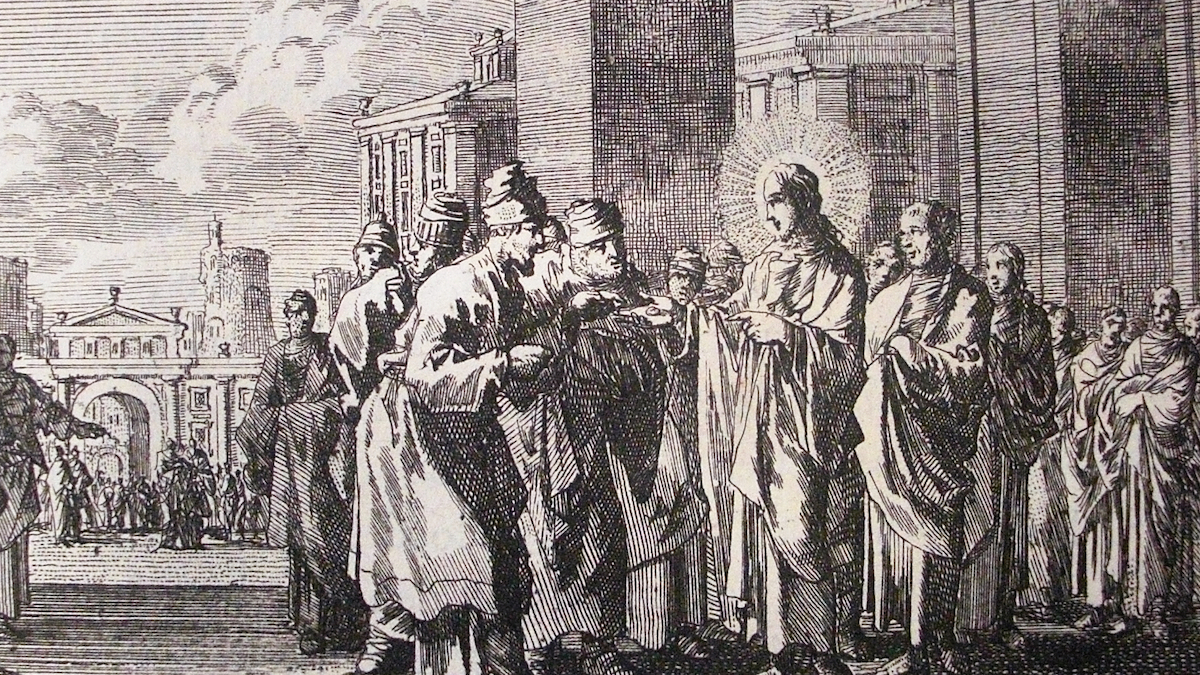Amos was quite different than most of the prophets we come upon in Hebrew Scriptures. He did not wear strange clothes like Ezekiel and Jeremiah. He was not a prophet throughout his life like Isaiah or Samuel. He did not even do strange prophetic actions like Elijah, Hosea and most of the prophets.
Amos was a shepherd and a dresser of sycamore trees. These were every day type jobs for an every day sort of a guy. He lived just south of the border between the Kingdom of Judah and the Northern Kingdom, the kingdom of Israel. One day (Amos 7:12-15) he received the message from God that he was to drop everything, cross the border into the Northern Kingdom, go to the holy city of the North, Bethel, and tell the people that they were facing destruction unless they changed their lives. The local priest of Bethel, Amaziah, was upset that this foreigner was infringing on his area and told him to go back to his home. Amos responded that he didn’t need this. He didn’t ask to become a prophet. God sent him. But he had no choice but to proclaim the truth of the Lord. In another part of the book of Amos, Amos says: “The lion has roared; who will not fear? The Lord GOD has spoken; who can but prophesy?”
Amos’ concern was focused on the message and the one who gave him the message. He was not concerned whether or not the people were impressed with him as an individual or even whether or not they wanted to hear what God told him to proclaim.
We see the exact same action taking place in the Gospel of Mark (6:7-13). Jesus sends his disciples out to proclaim the coming of the kingdom of God. These disciples were every day people. Nothing special about them. Jesus tells them to carry little luggage and to just proclaim the word and then move on. If people accept the word great, if they don’t, leave quickly, but bring the word of God to the next village.
All of this goes very must against the standard procedures of our information age. Standard procedure of our time is to get a test sampling of what people believe or want to believe and then deal with that as a truth. USA Today, CNN polls, Gallup polls, all tell us what the majority is thinking and then treat it as though this were a truth. For example, a number of years ago a rather faulty sampling of Catholics was taken and printed by the leading newspaper of our area saying that the vast majority of Catholics do not believe in the presence of the Lord in the Eucharist. I doubt the credibility of the statement and certainly doubt the credibility of the newspaper involved, but I am deeply disturbed by the concept that Catholics should determine their faith and morals by what the majority of people is believing or doing.
The truth is not dependent on the people to whom it is addressed. The truth is dependent on the fidelity of the proclaimer to the message received by God. There was a time in history that two thirds of the Church questioned the divinity of Jesus Christ. That was the time of the Arian heresy. Two thirds of the church! The numbers still didn’t make the Arians correct. The truth always wins. The Arians are forgotten, buried in history and the Church lives on believing in the divinity of Christ.
I am sure you come upon people in your neighborhood or even in your families who tell you that things have changed. Certain things which were seen as immoral before are not immoral now. I’m sure you have come upon people who tell you that it is OK for people to live together if they are not married, it is OK for people to use certain drugs, it is OK for people to ignore their responsibility to bring their children to the Eucharist on a regular basis, etc. Their message is that everyone accepts this or that new way of living. They do not want to hear someone telling them that the majority does not determine the truth. They do not want to hear the preaching of Amos or Jesus if it goes against their desires in life.
Faced with this, the temptation that we have, you and I, is to keep quiet, not make waves and just let things slide. Like Amos, we can all claim: We don’t need this. Let the priests talk about morals and attempt to practice them. I’m just an everyday person.
The readings for the Fifteenth Sunday in Ordinary Time tell us that we do not have the right to walk away from our responsibilities to the Truth. We have to stand for the truth of the Lord, whether it is popular or not, whether it is convenient or not. We have all received the mandate of Jesus to go out and proclaim his Word. May we pray for the courage to proclaim the truth at work, in our neighborhoods and in our families.








